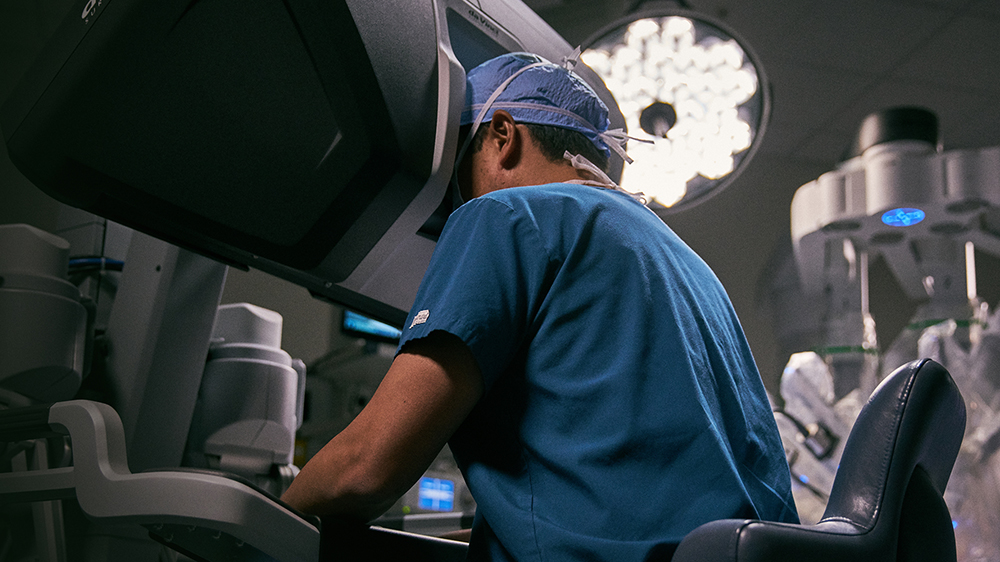Find the Right Care, Right Away

Care on Demand
Skip the drive, go online, and get the care you need from the comfort of home.
Start Your Visit
Online Scheduling
Book your next visit from your smartphone or computer. It’s that easy.
Schedule Now
Primary Care
Saint Alphonsus provides a full range of medical services in Idaho and Oregon.
Schedule Now
Find a Doctor
The right care begins with the right physician. Find the right provider here.
Schedule NowPay My Bill
Saint Alphonsus offers you an easy and secure method of paying your bills, including online and by mail.
MyChart Portal
The MyChart patient portal makes it easy to stay connected to your health.
Access Medical Records
We offer a variety of ways to access your health records including online and by phone.
What would you like to do?
Flexibility & Convenience
You want health care that's easy and convenient. We do too. At Saint Alphonsus, we offer a variety of ways to access the care you need.


Maternity Care
For life’s most precious moments, we are here. Find an OB provider near you.
Surgery in Weeks, Not Months
Our General Surgeons are ready to see you quickly, because some surgeries just can’t wait."


Join Our Team
Quickly apply below and our recruitment team will reach out to see if we have a job fit for you now or in the future!
Our Latest Blog Articles
 Healthcare 101
Healthcare 101
Living with Adult Children: How to Manage Life Under One Roof
Over the past few decades, the number of young adults living at home has steadily climbed.
 Oncology
Oncology
Pancreatic Cancer Survivor: Randy’s Cancer Care, Close to Home
Meet Randy, a pancreatic cancer survivor who received life-saving cancer therapy and surgery, right here in Idaho.
 101
101
Polypharmacy and Prescribing Cascades: What to Know
Understand polypharmacy and its implications for the prescribing cascade. Get actionable strategies for improving your medication management.







